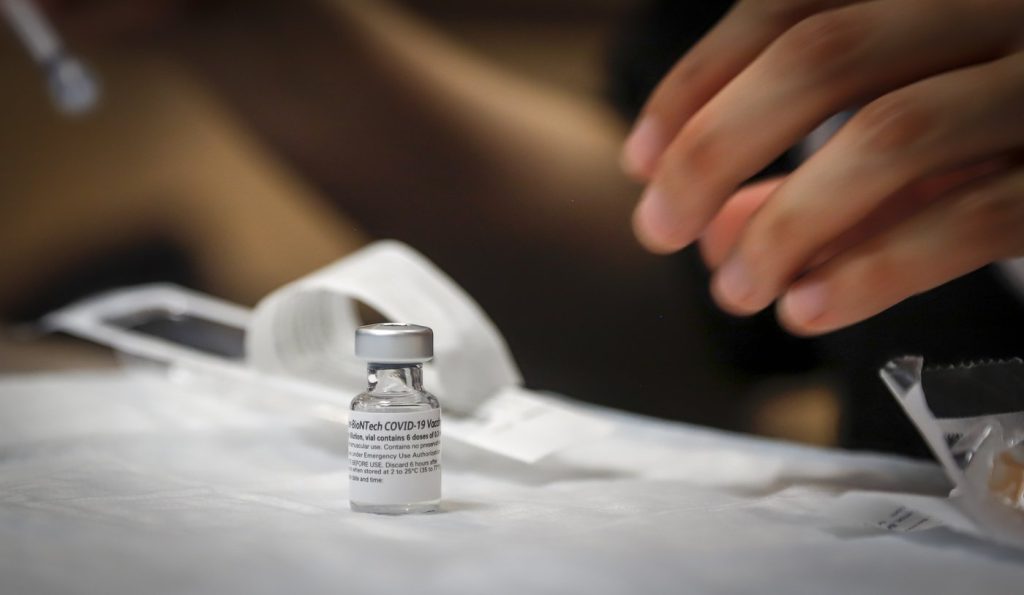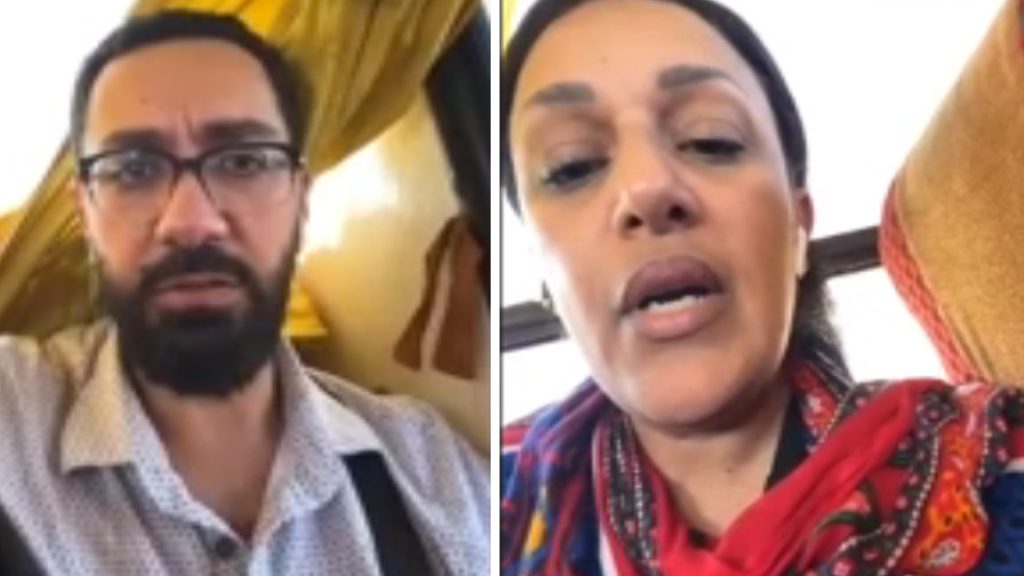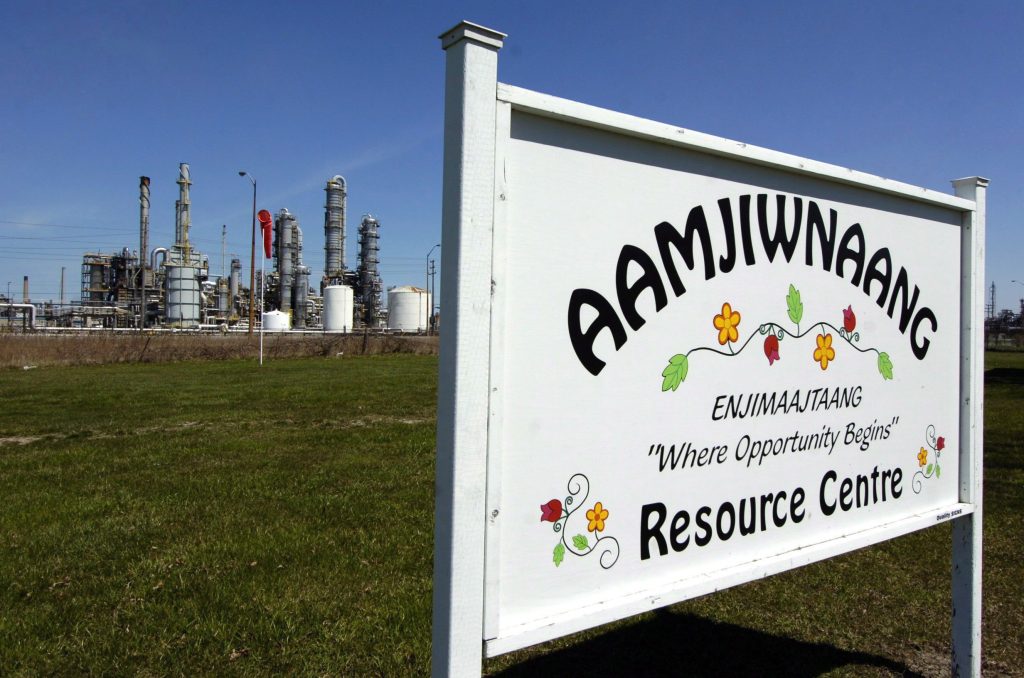EDMONTON Alberta's government announced that starting soon, residents who are not immunocompromised or on social assistance programs will be required to pay for the COVID-19 vaccine. This decision follows the province assuming responsibility for vaccine procurement from federal authorities in April.
In a late afternoon news release, the government revealed that an estimated one million doses, or just over half of Alberta's supply, were unused during the 2023-2024 respiratory virus season, resulting in a total waste of approximately $135 million worth of vaccines. The government stated that it is crucial to minimize waste and better assess future vaccine needs to control costs.
Although the specific fee for Albertans remains undetermined, the estimated cost to procure each vaccine shot is noted to be around $110. For the fall season, the government has ordered just under 500,000 doses, which is roughly one-third of the quantity ordered the previous year, at an estimated cost of $49 million. A portion of this expense will be offset by taxpayers paying for their vaccinations.
Adriana LaGrange, Alberta's Primary and Preventative Health Minister, indicated that the distribution of the vaccines will also change, with local pharmacies no longer receiving supplies. Instead, residents will be directed to public health clinics for their vaccinations. This new protocol encourages Albertans to "signal their intent" for vaccinations in August, with bookings set to begin in October.
The phased vaccine delivery system will prioritize first doses for seniors in supportive living facilities, followed by individuals who are immunocompromised and those on social assistance programs. The next group will be individuals over the age of 65, with wider availability for the general public in the final phase.
Hardcastle, a law professor at the University of Calgary, has expressed reservations regarding the government's decision to charge for the vaccine, predicting a decline in vaccination rates. This could potentially lead to an increase in hospitalizations and doctor visits, contradicting the government's intent to lower costs and waste. Hardcastle emphasized that preventative measures like vaccinations often have a strong economic justification.
Critics have noted that the government’s messaging regarding vaccinations has weakened over the past cold and flu seasons compared to other regions. Concerns have also arisen about a growing measles outbreak in Alberta, which has recently surpassed its highest case total in nearly 40 years. Critics argue that the government has been slow to advocate for vaccinations effectively.
LaGrange's office clarified that vaccine orders are influenced by factors like uptake and the number of individuals at risk for severe outcomes. They noted that following national guidance, routine COVID-19 vaccination for healthy, non-senior adults is no longer recommended due to lower risks of severe illness and robust population-level immunity. Furthermore, no changes to other immunization programs, like those for influenza or RSV, are currently being considered.
Opposition NDP health critic Sarah Hoffman condemned the move to charge Albertans for the COVID-19 vaccine, describing it as cruel and placing an additional financial burden on those wishing to safeguard their health and that of their families. Hoffman called the government's actions dangerous and contrary to public health principles.
During the 2024-25 respiratory season, approximately 700,000 doses of the COVID-19 vaccine were administered, with most given at pharmacies. According to provincial data, since last August, 368 deaths attributed to COVID-19 have been recorded. Currently, two individuals are hospitalized with the illness in Alberta.












